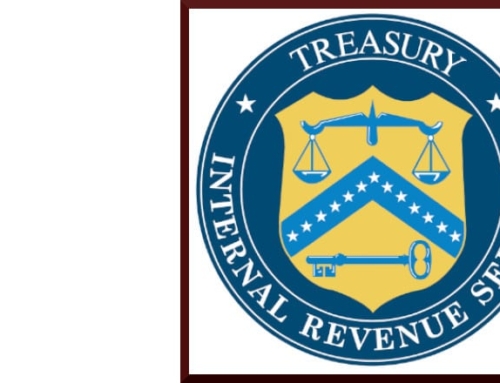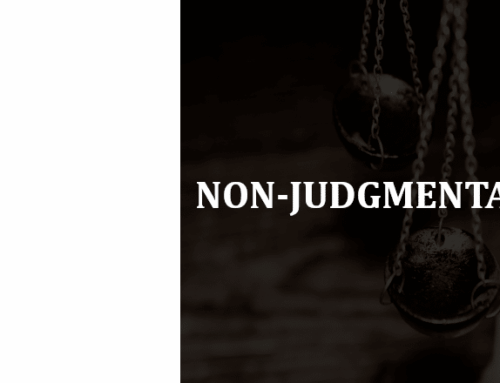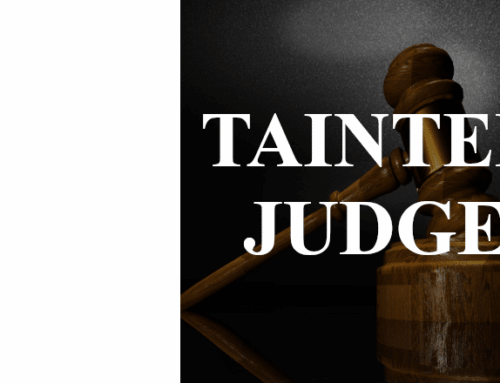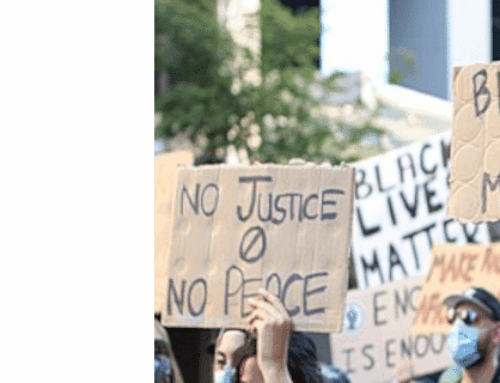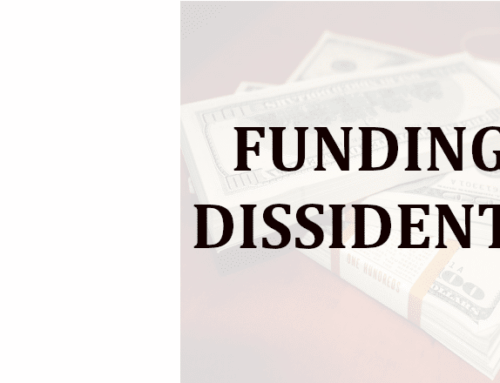Catholic League president Bill Donohue comments on the results of a new survey on religion conducted by the Pew Research Center:
The Pew Research Center has released a survey on religion’s role in society that covers a wide range of issues. Of particular interest to the Catholic League are those Americans who are religion-friendly versus those who are not.
The majority of Americans believe that churches and religious organizations (a) do more good than harm (b) strengthen morality in society, and (c) mostly bring people together. That is a good sign. But this is not true of Democrats in general, and of white Democrats, in particular.
While a majority of Republicans (71%) believe religion does more good than harm, only 44% of Democrats believe this is true. Republicans are also more likely to see religion as an agent that strengthens morality (68%) versus only 41% of Democrats. Does religion mostly bring people together? Yes, say 65% of Republicans; just 39% of Democrats feel this way.
When broken down by race, it is clear that white Democrats differ sharply with black Democrats. Regarding the issue of religion doing more good than harm, 57% of blacks say this is true while only 39% of whites agree. The majority of blacks (52%) contend that religion strengthens morality in society and that it mostly brings people together. Just a third of whites think this way about these two issues (35% and 32%, respectively). Hispanics fell in between on these matters.
It is striking that a plurality of white Democrats see religion as mostly pushing people apart (36% feel this way as opposed to 32% who think religion brings people together). Only 21% of black Democrats maintain that religion mostly pushes people apart.
The relative hostility on the part of Democrats to religion—largely driven by whites—is not lost on the public. When asked if the Republican Party is generally friendly toward religion, 54% agreed but only 19% said the Democratic Party was. Which professions are the most unfriendly to religion? University professors and news reporters and news media.
It is hardly a secret that the vast majority of professors and reporters are Democrats and that they are not exactly known for being religion-friendly. This bias shows up in many ways in public life, and indeed it even colored the narrative of those who wrote the Pew report.
For example, in the graph on the subject of who is religion-friendly (p. 9), the headline reads, “Just Over Half of Americans Say GOP Is Friendly Toward Religion.” Surely a more startling headline would be “Less than 20% of Americans Say the Democrats Are Friendly Toward Religion.”
Who do Americans trust, as measured by ethical standards? Medical doctors (87%), police officers (70%), and religious leaders (65%) garner a strong majority. Bringing up the rear are journalists (45%), lawyers (44%) and elected officials (26%).
Finally, most Americans are satisfied with the amount of political discussion in sermons. But they are not trusting of the clergy’s advice when it comes to issues they have no expertise in, such as global climate change (only 13% say they have a lot of confidence in their clergy providing useful guidance in this area).
What accounts for the perception that white Democrats, professors and reporters are so unfriendly to religion? Ideology. They are mostly secularists who discount the benefits of religion in society, trusting their own moral code instead. That, however, raises all kinds of potential problems, not only for others, but for themselves as well.





